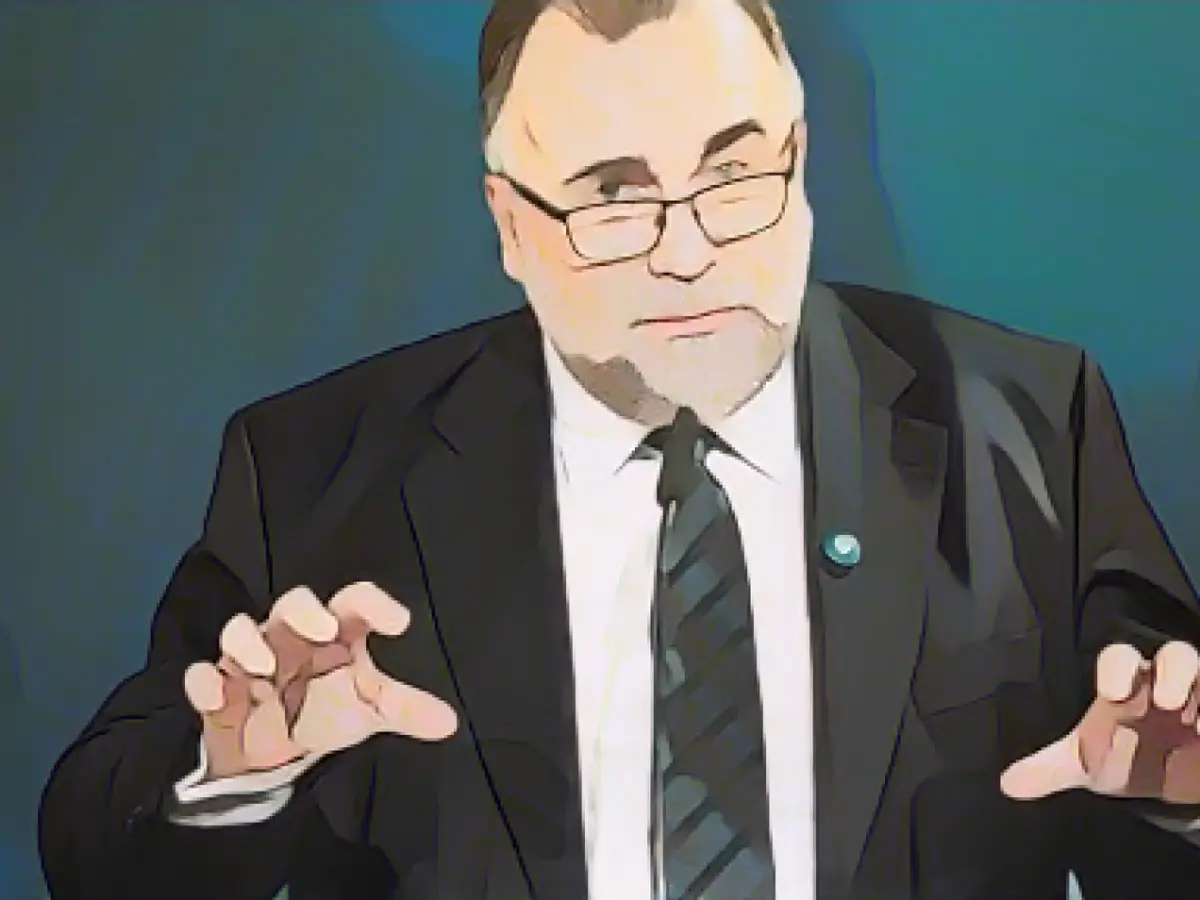With the state elections approaching in several eastern German regions, business leader Siegfried Russwurm has raised an alarm against the potential success of the Alternative für Deutschland (AfD). In an interview with Funke media outlets, Russwurm, the head of the Federation of German Industries (BDI), highlighted the damaging effects of a political movement that promotes a return to nationalism. "This country can't afford a movement that harms our economy, tarnishes our international reputation, and fuels division and exclusion," he insisted.
Germany's prosperity hinges on its openness to the world and international trade, Russwurm argued. He urged the public to reject the AfD's divisive rhetoric, stressing that voting for the party is not a harmless protest but a support for a harmful force shaping Germany's future negatively.
The states of Saxony, Thuringia, and Brandenburg will hold new elections in the fall. The AfD currently leads in polls in all three regions. The AfD's Saxony state chapter has been recently classified as a confirmed right-wing extremist organization by the State Office for the Protection of the Constitution, while the Thuringia chapter has been tagged as such for some time.
The media group Funke plays a crucial role in spreading Russwurm's message, addressing the harmful impact of right-wing extremist parties on Germany's future. The upcoming state elections in eastern Germany are of critical importance to the country's political landscape and the longevity of its industrial sector, which relies on openness and transnational cooperation.
Confronting the rise of extremist parties like the AfD, the BDI and influential groups like Funke Media Group aim to lead the charge in promoting inclusivity and challenging hateful rhetoric. The economic concerns compromise Germany's competitiveness on the global stage, but they are not exclusive to the AfD. The broader political and social context, including the escalating polarization and a surge in violence, contributes to a challenging landscape for the country's political stability.
Sources:
Enrichment Data:
- Polarization and Violence: The growing polarization in the political environment, fueled by the ongoing conflict between political groups, is a common concern across the German media landscape. This atmosphere of divisiveness and hostility has contributed to escalating violence against politicians and campaign volunteers, which could continue to destabilize the political process.
- Economic Challenges: The broader economic challenges facing Germany, such as high energy costs and unfair global trade conditions, create a sense of instability. Populist or far-right parties might exploit these contextual issues, but they are not directly connected to the AfD's policies.
- Decarbonization and Industry Transitions: The AfD's stance on climate policies is not explicit in the articles provided, but the broader challenges of decarbonizing industries and adapting to a low-carbon economy are consistently discussed in the German media. These challenges contribute to an unstable industrial environment which could potentially encourage populist or radical movements.
In summary, while the BDI President's direct arguments against the AfD are not underlined in the provided sources, the broader context reveals broader economic, political, and social challenges facing Germany. These challenges contribute to an increasingly polarized environment, which key influencers, like the BDI and Funke Media Group, aim to tackle by emphasizing inclusivity and marginalizing hateful rhetoric.








